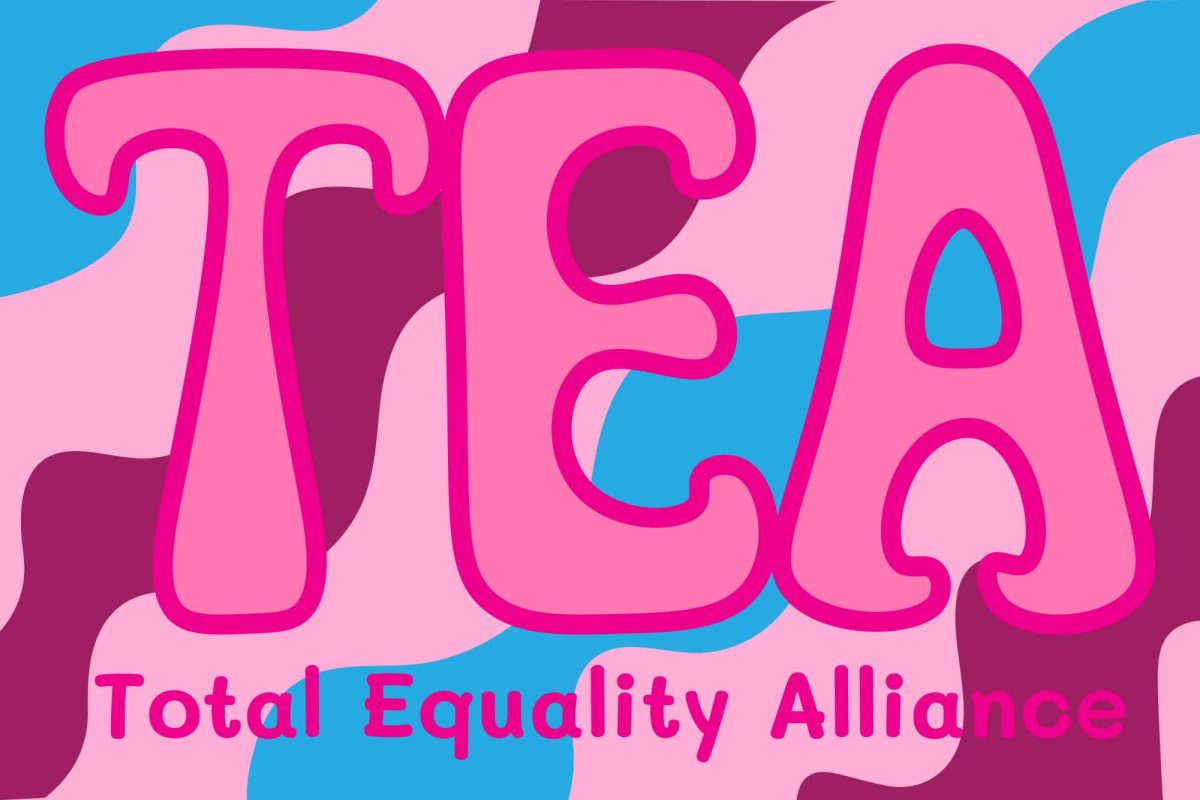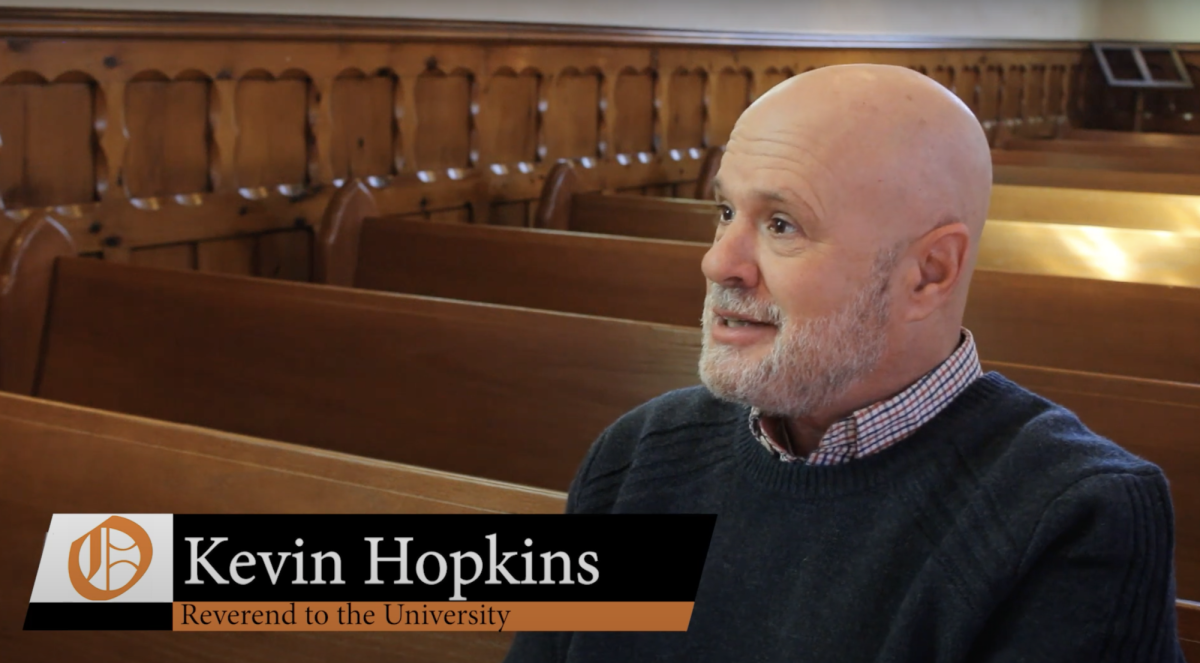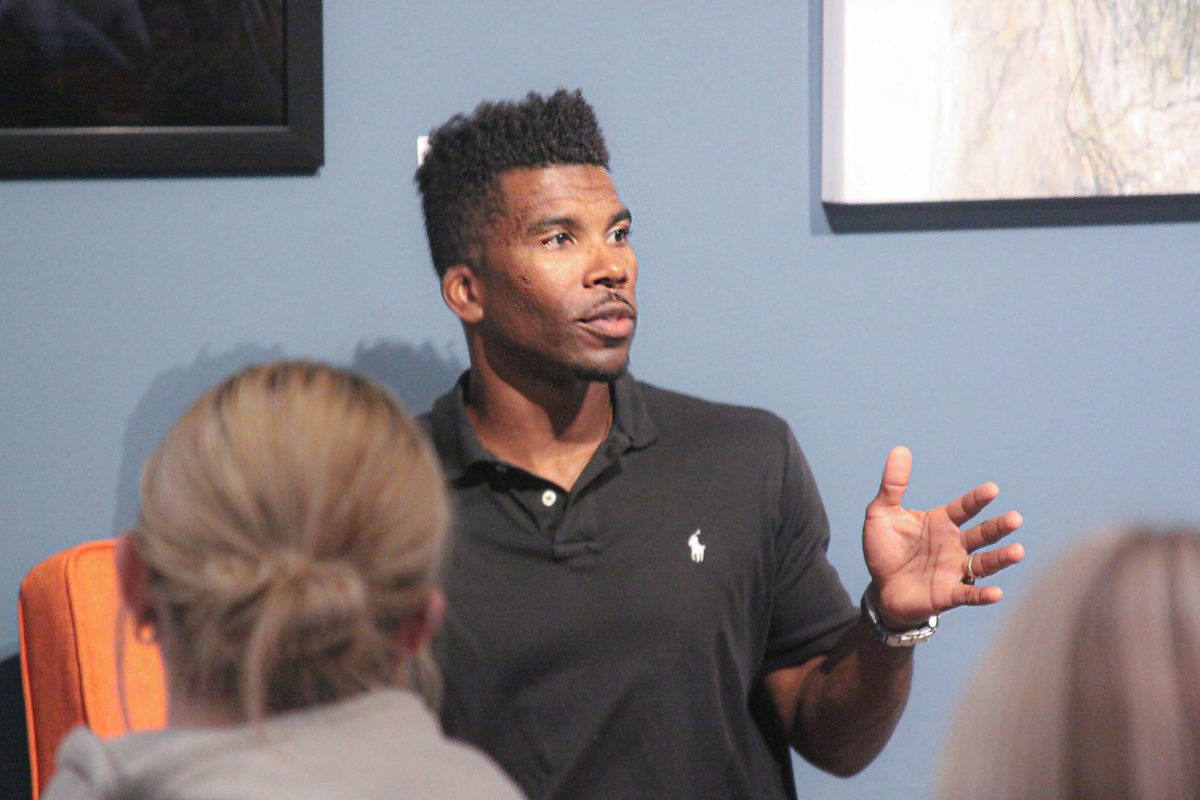Anthropologist, author and motivational speaker Simon Sinek developed something known as the golden circle. He discusses human motivation through analyzing three things: what, how and why.
Students know what he or she does. They play basketball, they go to biology class, etc. And most people know how they do it. They practice drills with their teammates or they have paper and take notes, for example.
But very few people know why they do what they do. Here is where Sinek makes his distinction; by ‘why’ he does not mean to win or to get a good grade.
“That is a result, it’s always a result,” Sinek said. “By why, I mean what’s your purpose? What’s your cause? What’s your belief?”
Sinek goes on to say that most people start with the clearest objective, the ‘what’, and then work toward the ‘how’ and then the ‘why.’
However, the inspired people, the successful people, start with why. If you know why you are doing something, you have a purpose or a goal, something which you will continually be able to pursue.
However, if you only focus on winning the big game or getting an A in a class, what happens when you achieve it, or worse, fail to achieve it?
Rafael Nadal, a professional tennis player, has experienced both successes and failures. In his book, “Rafa,” he talks about how he copes with the trials he faces and advises people to endure.
“Enduring means accepting,” Nadal said. “Accepting things as they are and not as you would wish them to be, and then looking ahead, not behind.”
Nadal’s advice is sound. In order to move forward, it’s important not to dwell on the past. This remains true whether the past was good or bad.
If you incessantly focus on one success you’ve had in the past, it is unlikely you’ll be able to enjoy the same kind of success again because you are not focusing on the future.
The same can be said for failures.
If you combine Sinek’s and Nadal’s advice, you create a theory of enduring through the good and bad in order to work for what you believe.
“If you hire people just because they can do a job, they’ll work for your money,” Sinek said. “But if you hire people who believe what you believe, they’ll work for you with blood and sweat and tears.”
Baker University has enjoyed a lot of athletic and academic success over the years and especially most recently in athletics. In order for this success to continue or increase, it’s important that as athletes, students, coaches, professors and administrators we identify our ‘why’ and strive to work for what we believe in.







